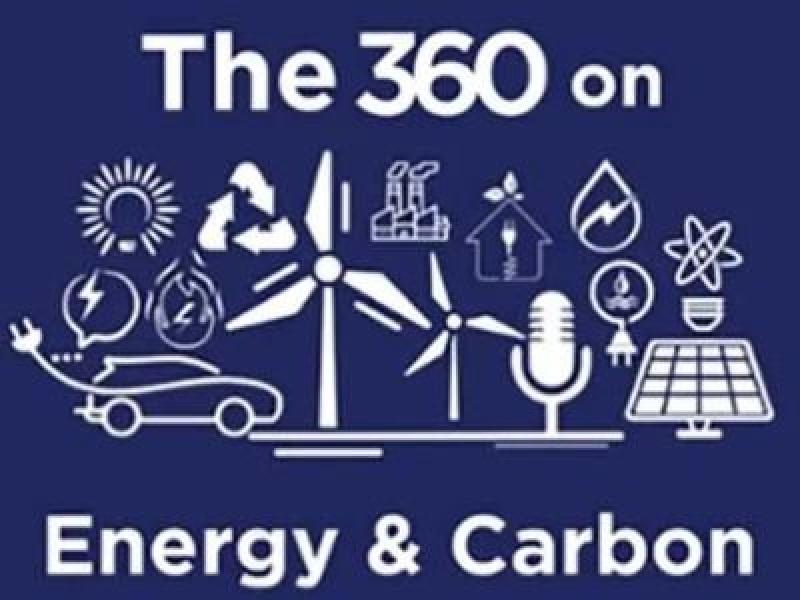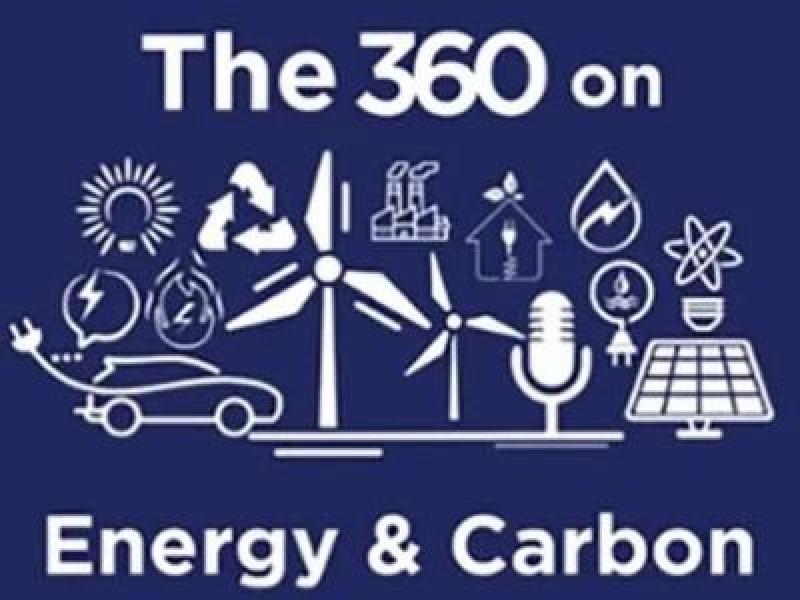In this podcast, the hosts discussed the need for regulators in the power sector to become more advanced in order to encourage innovation. They noted intermediaries are emerging with products that grid planners can work around, allowing for load management, storage and renewable options. However, end-users need to be more knowledgeable and proactive to take advantage of these options.
The hosts also point out that a third of Canada's greenhouse gas emissions come from transportation, a third from industrial activities, and the remainder includes residential natural gas burning. They emphasized that decarbonization of the grid is critical for full de-carbonization and used Electric Reliability Council of Texas (ERCOT) in Texas as an example of a sophisticated power market that relies solely on the market but is not yet carbon neutral due to a lack of carbon pricing.
What does decarbonizing the grid mean?
The challenge for the grid is twofold. You have to enable full de-carbonization. The last 20 per cent or 30 per cent is difficult. But then even when you get to that point, you still have to deal with the substantial load growth as other sectors shift to electrical usage.
Special guest Jon Norman, president and COO of Hydrostor Inc.
Jon Norman is professional engineer and economist with over 20 years experience in the power industry, management consulting and government. His career spans both the energy and environmental sectors, as well as project management. Norman is currently president and COO of Hydrostor Inc., an internationally leading company in advanced compressed air energy storage.






